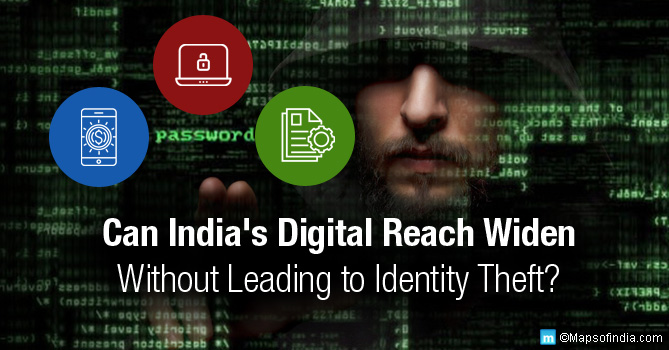The importance of Aadhaar Card has now increased manifold with Prime Minister Narendra Modi urging all the citizens of India, including children, to enrol for the programme. The data for Aadhaar Card is collected by “Unique Identification Authority of India (UIDAI)”, a central government agency of India, stored into a central database and is considered to be the world’s largest national identification number project.
Post demonetisation, PM Modi is trying to deploy Aadhaar as the perfect weapon to monitor transactions, and it is the key element in his plan to make transactions online, which he wants to make compulsory in the near future.
The Reasons Why Aadhaar Card Has Become Unavoidable
Ninety-two percent of the total Indian population and 99 percent of the population aged above 18 years are now Aadhaar Card holders.
- Any citizen who wants to receive Provident Fund (PF) must have Aadhaar Card.
- Aadhaar Cards are compulsory for any kind of Government exams.
- Central University scholarships in colleges and schools have also made Aadhaar mandatory.
- Public distribution shops distributing food grains at subsidised rates also ask for Aadhaar identification.
- The government is thinking of merging the Pan Card with the Aadhaar Card for ease of managing accounts.
- Recently, in Bangalore, tickets for the IPL match were sold to only those who provided Aadhaar identification.
- AIIMS will waive off registration fee for those who hold Aadhaar ID.
The Future Plans with Aadhaar and the Possible Pitfalls
The government plans to link the database with information of nearly 1.2 billion population, including children, to all state services ranging from applying for a new gas connection to passports, to even school admissions.
Aadhaar Cards are like the Social Security Number of the citizens of India. However, the government needs to address the following possible pitfalls:
- While the database will increase, the chances of identity theft and data leaks will also increase.
- India does not have any overarching privacy laws and Indians will have few options of redress in case of identity thefts or data leaks.
- With such vast amounts of data UAIDI requires scrutiny.
- The programme has 582 banks, brokerages and government departments listed as registered users with access to the data of Aadhaar.
- In fact, while some are opposing the programme, many are against its expansion to the extent of a blanket cover.
Other countries including US and France are already grappling with issues like information leaks to terrorists and identity thefts. UK scrapped the entire programme way back in 2010, after objections that the programme infringed upon civil liberties.
The Government of India really needs to take proper precautions and put the right pegs in place for maximum benefit of the Aadhaar cards with minimal-to-no pitfalls.





